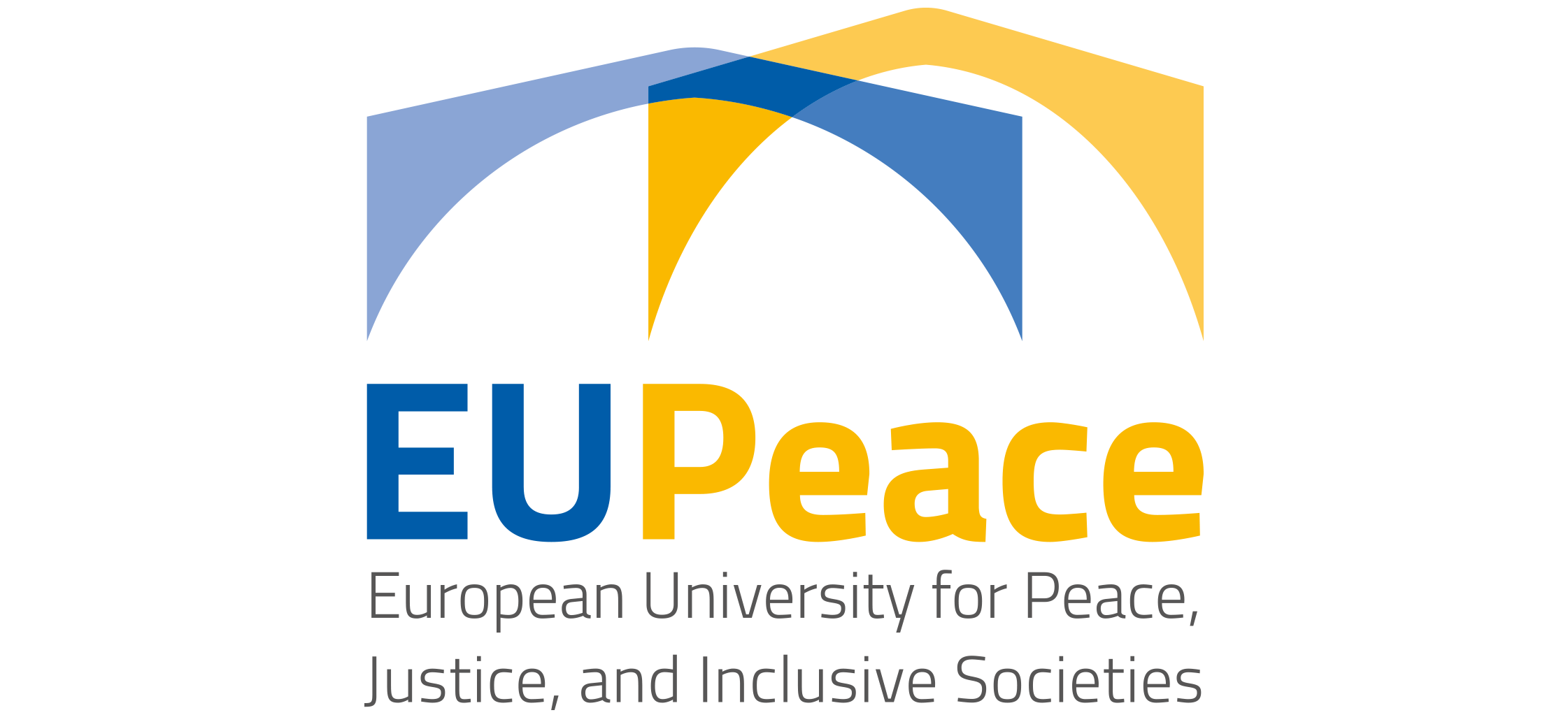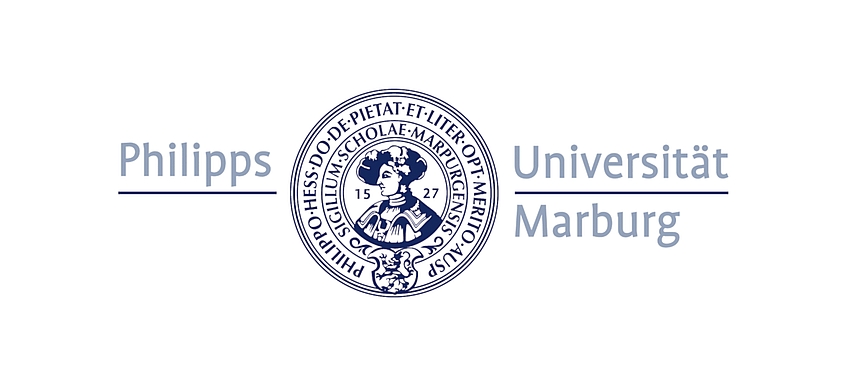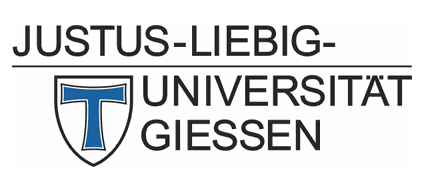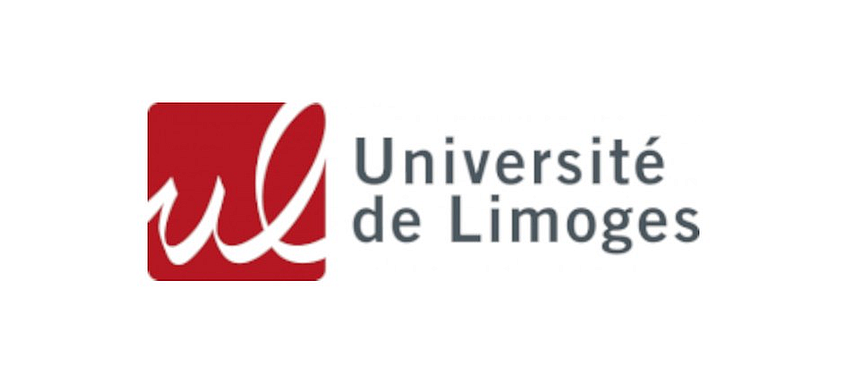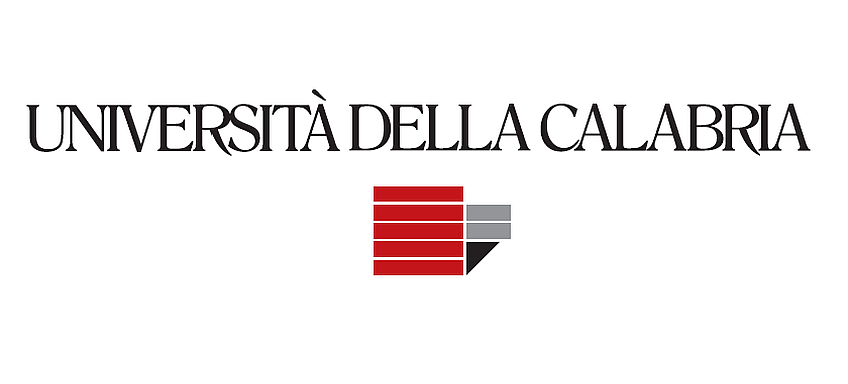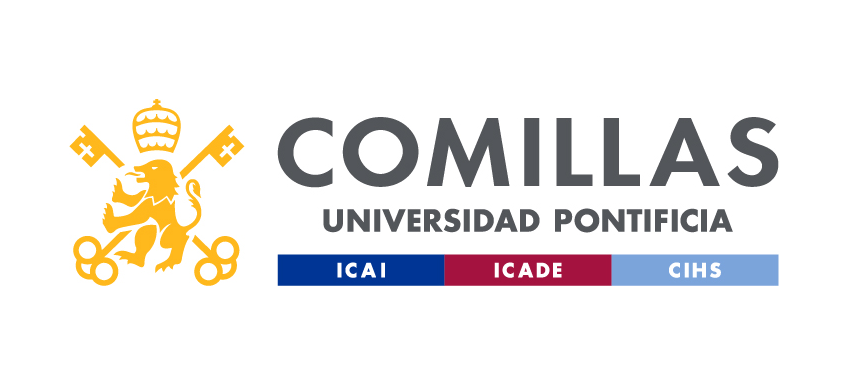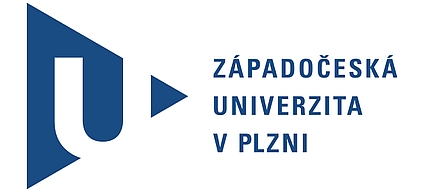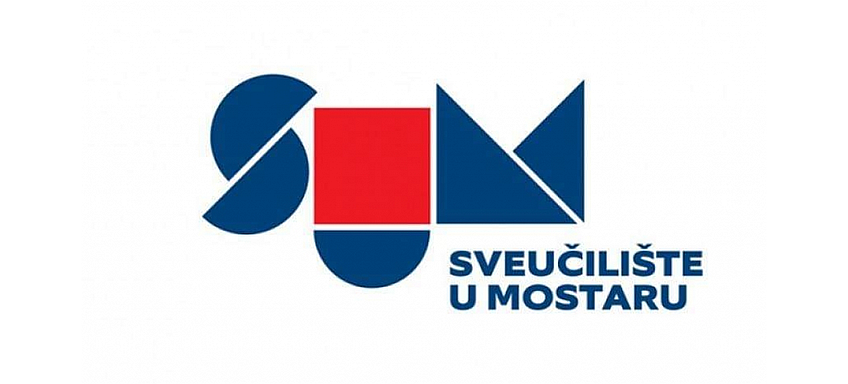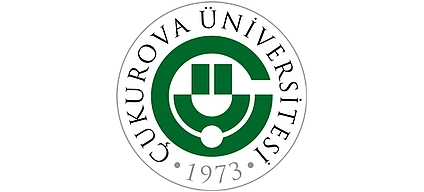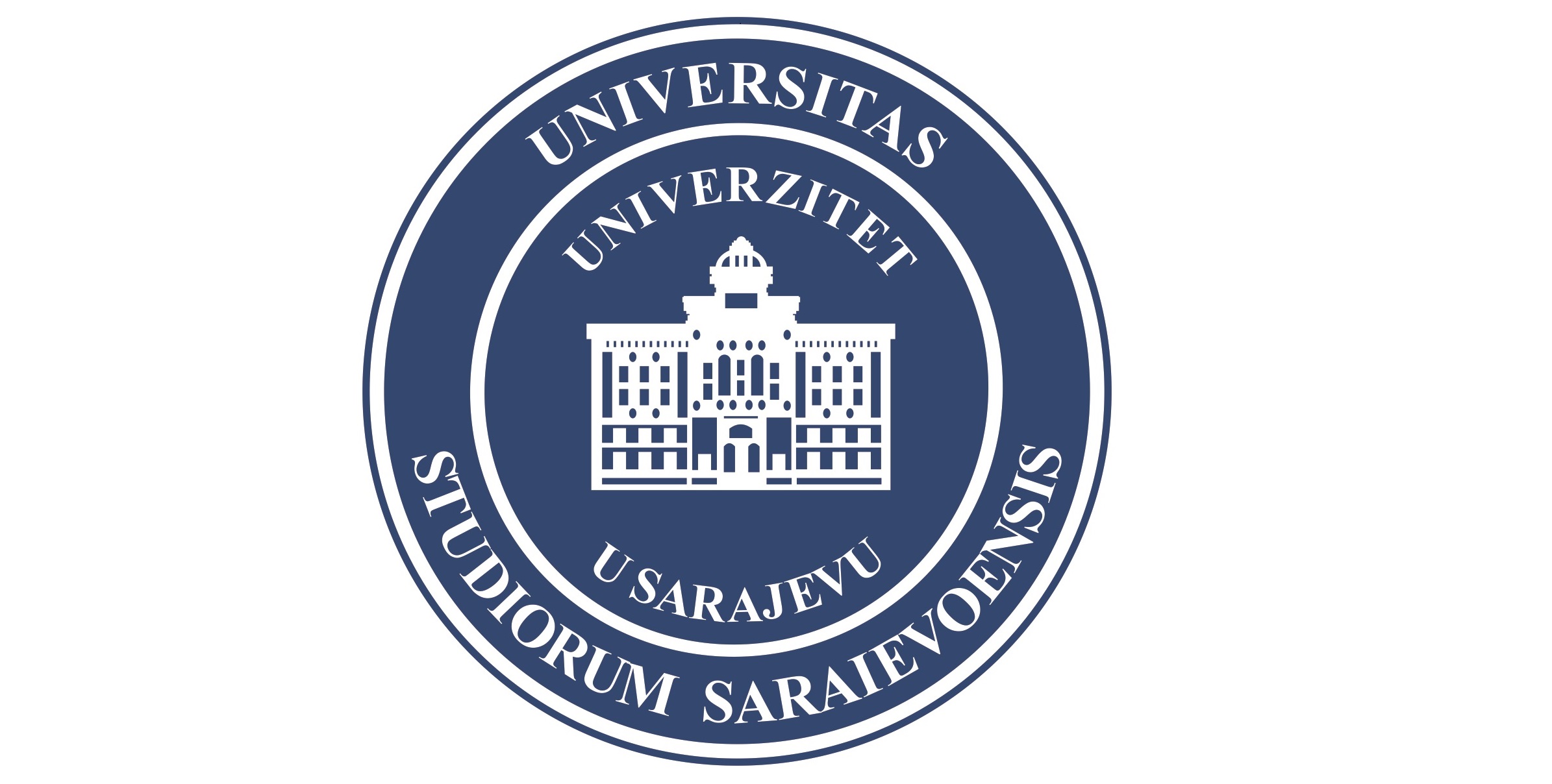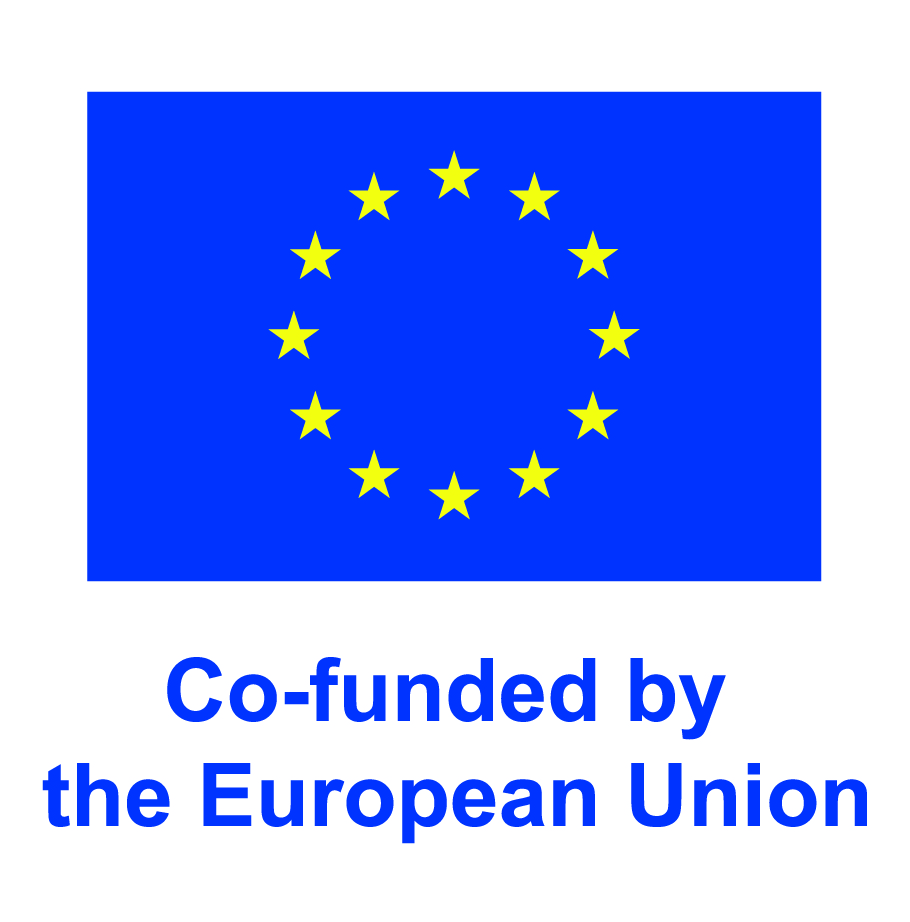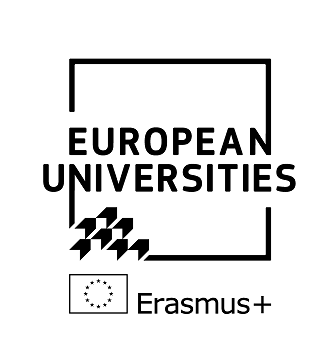Main Content
EUPeace Fund - Projects

Fund First Call: 10 Projects received funding
Within the First Call for Applications for the EUPeace Fund, 10 exciting projects have been approved for funding by the EUPeace Governing Board. All projects are collaborations of EUPeace institutions, bringing together researchers, administrative staff and students of the consortium.
Inhalt ausklappen Inhalt einklappen The EU as a Global Governance Actor
The "EU as a Global Governance Actor" project aims to analyse the evolving approaches of EU external policies. The original contribution of the project is an understanding of recent inter-institutional dynamics with both the European Parliament and the European Commission trying to renew their understanding of the EU external actorness. Thus, the project looks at how the European Parliament stresses the need to keep promoting EU values, and the European Commission intends to renew its budgetary instruments, going beyond a geographical focus to account for the complexity of ongoing global debates on sustainability and development. Through this approach, the research team explores the evolving EU actorness and its contribution to global governance efforts.
Project Coordinator: Dr. Ileana Daniela Serban (Comillas Pontifical University)
Involved Universities: University of Calabria, Comillas Pontifical University, University of Limoges, University of MarburgInhalt ausklappen Inhalt einklappen Current Challenges to European Security and Defence Policies: A Summer School
Building on an already established framework for summer schools at Comillas University, the project brings together practitioners from EU institutions, scholars from Comillas, the University of Marburg, and the University of Mostar as well as students from the participating institutions for an integrated course on European security policy in Madrid in 2024. The project intends to contribute to a sharing of mutual perspectives on teaching and to ensure that the potential for future in-depth cooperation will be explored and possibly institutionalized. In addition, the participating scholars will investigate the potential for research cooperation, a widening of the network on EU studies within the EUPeace community and the addition of more partners from the EUPeace network.
Project Coordination: Prof. Jose Manuel Saenz Rotko (Comillas Pontifical University) and Prof. Hubert Zimmermann (University of Marburg)
Involved Universities: Comillas Pontifical University, University of Marburg, University of MostarInhalt ausklappen Inhalt einklappen Water4All
To maintain inclusive societies, governments have to ensure primary needs among which a sustainable access to potable and drinkable water. Considering a unique vision for providing water for all would be a mistake. It engages more forces dealing with engineering, ecology and ecosystem management, regulations and policies together promoting innovation through an innovative networking strategy to provide relevant solutions. Universities can enter in this global process and take benefit of it by sharing experiences, points of view and competences to complementarily propose new schemes and solutions. Such process can boost sustainability for the education community, promoting more transversal joint curriculum with a more global vision for novel approaches, sharing of teaching competences, common research approaches and projects, the installation of better administrative facilitative practices to the services of justice and equality for societies. This is the aim of the Water4All proposal, a relevant transversal multi-layer cooperation plan between engineering and ecosystem sciences through solutions for sustainable access to water.
Project Coordination: Virginie Pallier and Laurent Billonnet (both University of Limoges)
Involved Universities: Justus Liebig University Giessen, University of Limoges, University of MarburgInhalt ausklappen Inhalt einklappen Challenges for the future: Kick-off WP Mobility
The project “Challenges for the future: Kick-off WP Mobility” aims to bring together representatives from each partner university of the EUPeace consortium for a kick-off meeting of work package 4 at the University of West Bohemia in Pilsen, Czech Republic. During the meeting from 17th to 19th of January 2024, EUPeace partners will establish the steering committee of work package 4, the Facilitating Mobilities Group (MoG). Additional aims of the meeting are to initiate a repository of basic information from each partner university to exchange students and staff, to plan joint Blended Intensive Programmes (BIP) or Staff Training Weeks as well as to exchange experiences on the digitization of processes in line with the European Student Card Initiative.
Project Coordination: Sigrid Jost (Justus Liebig University Giessen)
Involved Universities: All EUPeace member institutionsInhalt ausklappen Inhalt einklappen Flagship-Blended-Seminar-Concept “Blended International Exchange: Interculturality and Inclusion in Educational Contexts"
The seminar "Blended International Exchange: Intercultural Learning and Inclusion in Educational Contexts" is a flagship project that will enable first experiences of a joint exchange and a joint teacher training of the JLU, the UMR and the University of Limoges. The seminar will take place from March to June 2024 and will include a virtual preparation, a one-week intensive face-to-face exchange in Germany and a virtual follow-up and reflection. The shared experiences of students and lecturers as well as the evaluation of the event can provide important impulses and information for the design of long-term exchange formats within the EU-Peace project and can be expanded and developed from bilateral to multilateral formats.
Project Coordination: Anja Seifert (Justus Liebig University Giessen) and Dr. Annika Brück-Hübner (University of Marburg)
Involved Universities: University of Limoges, Justus Liebig University Giessen, University of MarburgInhalt ausklappen Inhalt einklappen EUPeace Teachers Onboarding
The Kick-off meeting, which will take place in Limoges, in January 2024, will be the occasion for all participants to share important information regarding each school system specificities like curricula, school year organization, diplomas, holidays, teacher training, school partners in and outside school and, more specifically, each country’s needs as far as inclusion, diversity and education for peace and sustainability are concerned …. The aim is to be aware of major differences and similarities between each country, a first step towards a better mutual understanding and acceptance but also a way to be able to organize the international teacher training module in a more precise manner. Moreover, it will provide the opportunity to get to know each other, before taking further steps on this exciting adventure.
Project Coordination: Prof. Jill Salamon and Sandrine Simon (both University of Limoges)
Involved Universities: Cukurova University, University of Limoges, Justus Liebig University Giessen, University of Marburg, University of West-BohemiaInhalt ausklappen Inhalt einklappen Language Centres of the Alliance: Improving, Networking, Engaging Staff
The project “Language Centres of the Alliance: Improving, Networking, Engaging Staff has several aims: to learn from each other, to collaborate and to meet in a training model that could be held in the various partner centres in the future.
A staff week on the theme of interculturality, diversity and inclusion will provide an opportunity to reflect on cultural uniqueness of each individual and the challenges that this implies in terms of communication when interacting with other cultures.
More precisely, we want to encourage mobility for staff members who do not get mobility opportunities easily and will benefit from new perspectives in the field of interculturality, diversity and inclusion.
Project Coordination: Pascale Sageaud (University of Limoges)
Involved Universities: University of Limoges, University of Marburg, University of West-BohemiaInhalt ausklappen Inhalt einklappen Conflict Resolution Through International Understanding: A Cross Disciplinary Approach
Inspired by the values of peace, justice and social inclusion driving EUPeace, our project brings together colleagues from across disciplines – political science, international relations and social work – and countries – Spain, Germany and Bosnia & Herzegovina.
The project is built on two pillars. First, for lecturers, to share and exchange teaching approaches, knowledge and techniques on conflict resolution and mediation. Second, to offer students the opportunity to apply the theoretical knowledge acquired in the classroom to practical exercises, fomenting cultural exchanges, international dialogue and understanding and intercultural communication and problem-solving.
We envisage this project to be a stepping stone towards building an international network of specialists working on conflict resolution and mediation that would involve teaching and research outputs within the EUPeace initiative.
Project Coordination: Prof. Mario López Areu (Comillas Pontifical University)
Involved Universities: Comillas Pontifical University, University of Marburg, University of MostarInhalt ausklappen Inhalt einklappen Communication Strategy for EUPeace
In order to guarantee a smooth implementation of EUPeace, as well as a sustainable working relationship between all member institutions, and successful activities in education, research, and outreach, communication is the absolute key. This involves various levels, e.g. alliance-wide, member-internal, target-group-specific, external representation of EUPeace.
The project “Communication Strategy for EUPeace” aims to increase the quality and efficiency of administrative communication for the entire network.
In a 2-day workshop with parallel working sessions, we will bring together coordinators and students from all EUPeace member institutions with external experts for informational sessions, roundtable discussions, feedback rounds and best practice examples.
Project Coordination: Dr. Imke Polland-Schmandt
Involved Universities: All EUPeace member institutionsInhalt ausklappen Inhalt einklappen Our Cultural Heritage – The Basis of our House Europe
“Europe’s cultural heritage is a rich and diverse mosaic of cultural and creative expressions, an inheritance from previous generations of Europeans and a legacy for those to come”. According to this self-image of the EU, set out in the policy “Creative Europe”, the common cultural heritage represents one of the decisive foundations of our future peaceful and equal coexistence. Especially the cultural heritage enriches the individual lives of citizens and is a driving force for social cohesion.
The starting point of this project is the PI’s experience with the summer school “Archeology for Peace” in Kosovo. Central subject were cultural diversity and gender equality.
The aim of the first phase of this project is to explore the possibilities of taking up this structure of bringing people together and to sound out the individual capabilities of the consortium in carrying it forward. The members will design a research and educational program including the capabilities of the participants and the possibilities they offer.
Project Coordination: Prof. Felix Teichner (University of Marburg)
Involved Universities: Comillas Pontifical University, Justus Liebig University Giessen, University of Marburg, University of Mostar, University of Sarajevo
